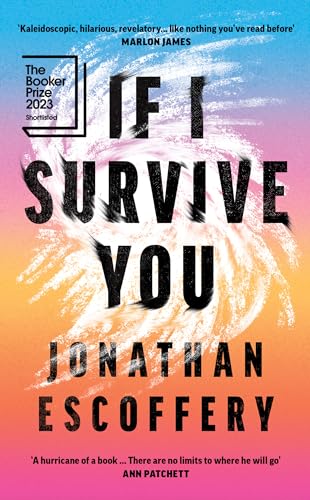Study for Obedience was the shortest book on this year’s Booker Prize shortlist. It is an exquisite little piece in many ways, but I have to confess I remain ambivalent about it.
There is not much in the way of a plot. The central character and narrator is a female about which we know very little, apart from what she reveals through the course of the book. She may not be young, but she has certainly led a fairly sheltered, quiet life. We meet her when she is brought by her older brother to his home in order to look after him. He is a fairly dominant and not very pleasant individual whose wife has just left him and taken their children with her. Our narrator provides care and attention to him, keeping the house, feeding him, even reading to him and massaging him while he bathes.
The place where the narrator and her brother live is unnamed but it is clear they are considered outsiders. The brother, however, has been able to achieve a degree of acceptance, through his wealth, his social status and the self-confident way he puts himself about. The narrator, however, his younger sister, is more timid, prefers to remain below the radar. The townspeople become suspicious of her, particularly when a series of strange events coincides with her arrival – a local dog experiences a phantom pregnancy; a sow crushes her litter of piglets; a herd of normally docile retired dairy cattle goes mad and all have to be destroyed. Our narrator attempts to ingratiate herself with the townspeople but her efforts go unrewarded.
There are hints of antisemitism in the novel, the prejudice that never seems to go away. The brother and sister seem to be Jewish, different to the townspeople, but even though they are not overt in their faith, the narrator in particular arouses suspicion, hostility and is demonised. Reading the book, I was also reminded of the Salem Witch Trials, where femaleness is distrusted, almost pathologised, something to be held in check. How “obedient” is our narrator really?
What cannot be denied about this book is the quality of the writing and of providing a highly distinctive character perspective. What I am less sure about is, frankly, what the book is about! Perhaps it merits another read – it is certainly short enough to do that quite easily. My first response to it however, has been very much one of “and…?”
It’s certainly unusual and perhaps that is how it ascended to the shortlist of the prestigious Booker, but I’m afraid it wasn’t a winner for me (or the judges, it seems).







